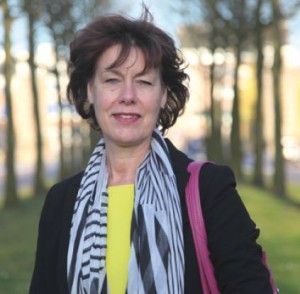

Serve a s a powerful metaphor for education. Judgments of approval and condemnation, may

Narrative learning environment and we discussed how literature, as anĪutonomous space for experiments with estimations and evaluations, with We looked to narrative fictionĪs a vast storehouse of stories and metaphors that may be useful in such a In narrative learning environments, stories serve to instigate,įacilitate and evaluate the learning process. We presented narrative environments as spaces thatįoster storytelling activities and discussed how we may turn Narrative Fiction as a Model for Learning Processes", together with Floor van Renssen. The Global Media Journal/Australian Edition is an open access journal and the special issue is available online here.ĭuring the conference, I presented a paper called "Toward a Narrative Learning Environment. Therefore, the storyteller has to carefully choose their genre and narrational strategy and these choices are morally charged. This may be inadequate when dealing with human experiences such as extreme forms of violence, institutionalised exclusion of otherness or traumas experienced by both the subjects and authors of stories. After all, telling a story in the conventional sense means working towards an end point and this end point is always "oppressive", as it subordinates all events prior to it A story may sometimes best be told in a manner that is beyond the limits of traditional storytelling. Narrative resistance may, at times, imply a resistance to conventional narrative forms. Yet anethics of storytelling must also be about the refusal to engage in it. Restricting notions of class, gender, region and race can be questioned. Strategies of resistance, as they open up ethical spaces where dominant and The underlying idea of this special issue is that storytelling and narrative have always served as
#Thessa lageman professional
In this collection of papers, book reviews and an essay, the contributing authors critically assess how resistance to dominant narratives of nationalism, history and knowledge formation takes place in fiction and professional and everyday life. More information on the LACE Winter School can be found here.Ī special issue on narrative resistance, edited by Hart Cohen, Rachel Morley and myself, of the Global Media Journal/Australian Edition is now online. This makes the Winter School not only professionally, but also personally relevant for me, as professor Korthals Altes was my PhD supervisor, and I have worked with her in one capacity or another for almost 20 years now. Her farewell lectutre, Caleidoscopes: Art, Narrative, and Values, will be part of the Winter School. This year's theme was partly chosen to celebrate the work of professor Liesbeth Korthals Altes who is retiring on 31 January 2019. The LACE Winter School is meant to bring together students, scholars and professionals with an interest in narrative and storytelling.


Literature and Change in Europe (LACE) is a network of seven universities: Aarhus University (Denmark), University of Bologna (Italy), University of Granada (Spain), University of Groningen (the Netherlands), KU Leuven (Belgium), University of Lisboa (Portugal), and University of Tartu (Estonia). Its theme is Narrative Values, the Value of Narratives and it will take place at the University of Groningen from 28 January until 1 February 2019. Together with Professor Barend van Heusden, I am supervising this year's LACE Winter School.


 0 kommentar(er)
0 kommentar(er)
